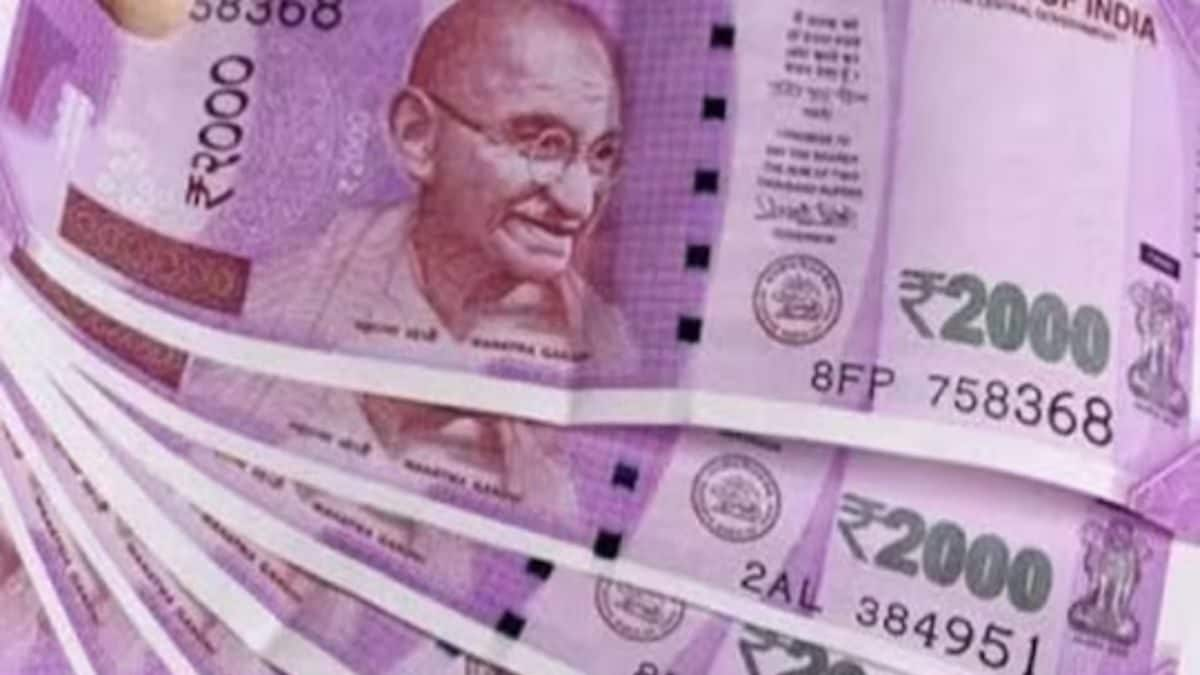RBI has given time until September to deposit Rs 2,000 notes.
The Income-tax Law has defined the concept of a Statement of Financial Transaction or reportable account to keep an eye on high-value transactions carried out by the taxpayer
There has been a rush to deposit Rs 2,000 notes or exchange them at banks ever since the Reserve Bank of India (RBI) announced that the denomination will go out of circulation soon. The RBI has also asked people not to hurry as there’s time until the end of September. If you are planning to get your Rs 2,000 notes deposited or exchanged, it is recommended that you first know the rules of the Statement of Financial Transaction (SFT). If certain guidelines are not met, you may even get a notice from the Income Tax Department.
The Income-tax Law has defined the concept of a Statement of Financial Transaction or reportable account to keep an eye on high-value transactions carried out by the taxpayer. The statement will be used by the tax authorities to gather data on a specific set of high-value transactions that a person undertakes in a financial year.
According to the SFT rule, banks must alert the Income Tax Department of any significant cash transactions. Additionally, this information can be found in the depositor’s Annual Information Statement (AIS) and Form 26AS. It’s important to remember that the annual maximum permissible limit for cash deposits in banks is Rs 10 lakh for a savings account. For a current account, a person can deposit up to Rs 50 lakh in his account in a financial year.
A few documents will also be required before a sizable sum may be deposited into your account. To start, you must visit the bank and complete the cash deposit slip. This will require you to fill out your bank information, including account number, name and other details. Following income tax regulations, PAN documentation is required whenever you deposit more than Rs 50,000 in a bank. So, if you’re planning to deposit Rs 2,000 notes, bring your PAN card.
The banks frequently inquire about the source of income for the deposited money, which can be mentioned on the deposit slip.




